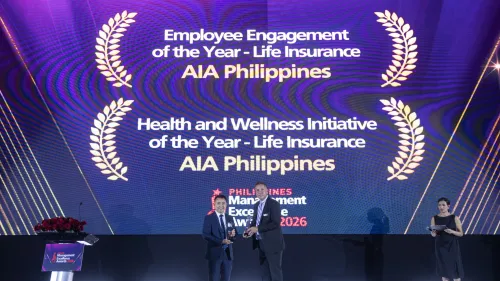
Singapore urges tech overhaul in facility management
Outcome-based contracts drive smarter, cleaner, and more flexible infrastructure.
Singapore is pushing facility management firms to modernise through outcome-focused service contracts and targeted state grants as new buildings are expected to become models of innovation and sustainability.
“Government funding for technology is pushing for outcome-based contracts, a change from older agreements that focused on the number of workers and set fees,” Cheng Su Chen, Group Managing Director for Integrated Facilities Management and Facilities Services at Savills Singapore, told Real Estate Asia.
Unlike traditional contracts, which paid vendors based on manpower, outcome-based models reward performance. These prioritise metrics such as reduced energy use, faster response times to technical issues, and increased reliability of building systems.
“This new approach is driving the adoption of smart technology and analytical tools to achieve better performance,” Cheng said via Zoom.
However, she noted that older buildings have been slower to adopt such technologies. “Owners of these buildings often face challenges due to the high costs associated with retrofitting and limitations imposed by their legacy layouts and existing infrastructure.”
To support these upgrades, the Singapore government rolled out a $30m grant earlier this year to help property owners adopt smarter systems. Smaller businesses can receive up to 70% funding until 2027, before the support drops to 50%. Bigger companies are eligible for up to 50% now, decreasing to 30% later.
To qualify, building owners must demonstrate how the new systems improve productivity and contribute to better pay and skills for building operations staff.
Still, Cheng cited a critical flaw in the process. “A notable gap exists because facility management professionals are not consistently consulted during the design stage of new buildings,” she said. Including them earlier could make properties easier to maintain and cheaper to operate over time.
She also criticised the focus on the lowest bid when awarding service contracts, especially in the private sector.. “We still observe that some tenders are awarded primarily based on the lowest price, with insufficient consideration given to technology.”
This is despite building owners now demanding higher standards in hygiene, sustainability, and flexibility.
“After COVID, they are demanding touchless systems like facial recognition, better ventilation, and cleaner indoor air,” Cheng said. “They also want layouts that support hybrid work and systems that offer real-time data for energy use, remote monitoring, and carbon emissions.”
















 Advertise
Advertise









